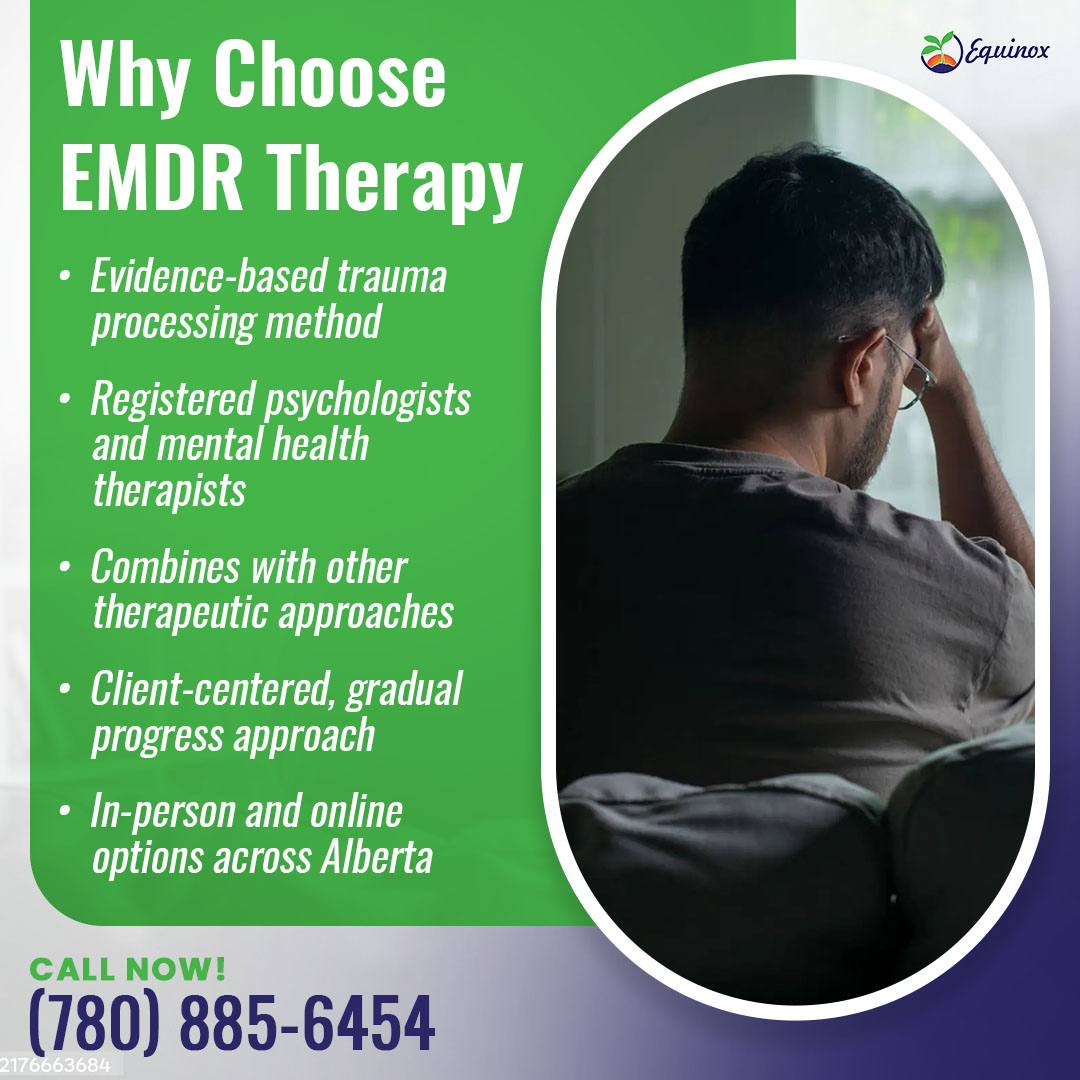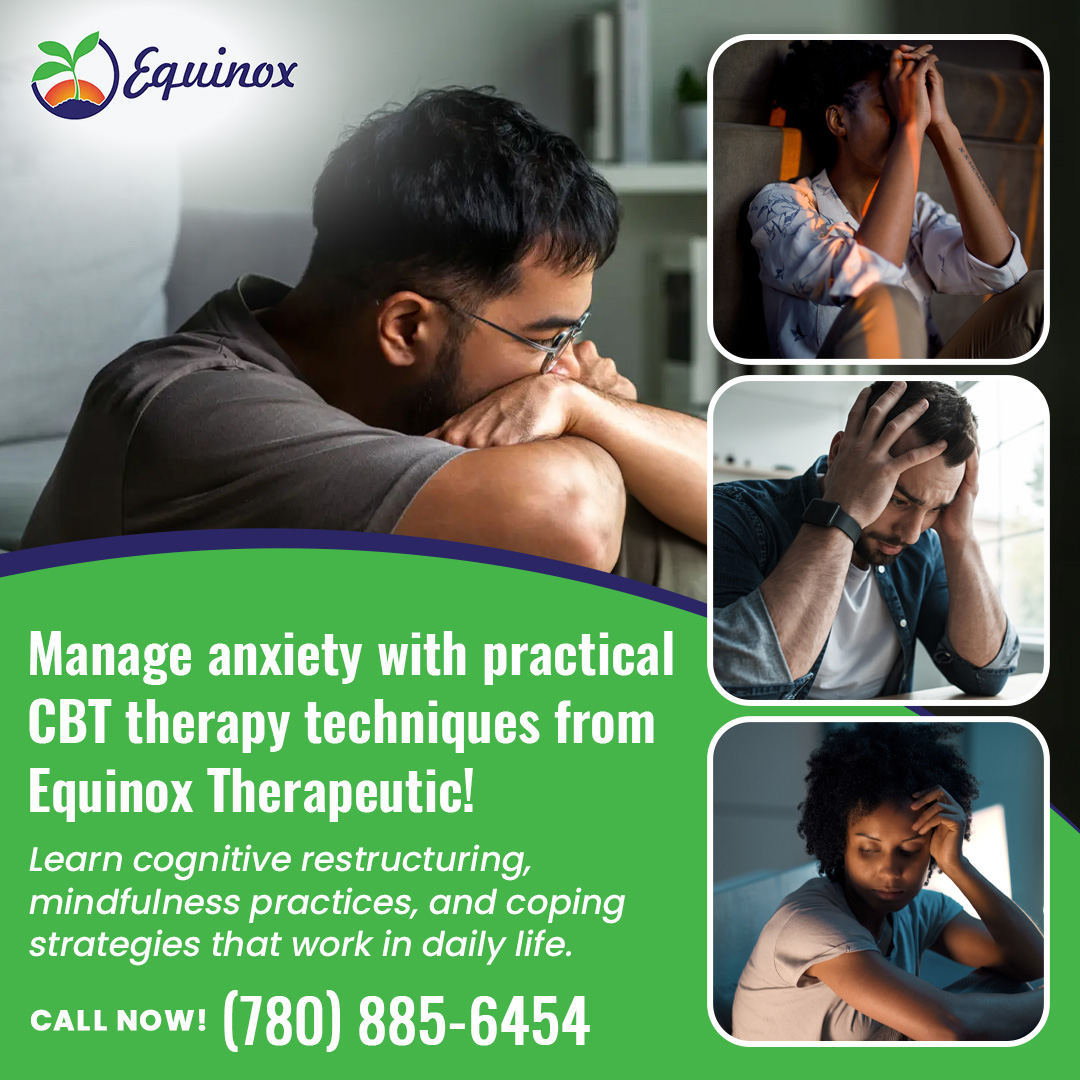We all experience anxiety, which is a normal human response to a difficult or unpredictable situation. Indeed, many performers experience stage fright before going onstage and then perform with confidence once they step into the spotlight! Anxiety becomes a problem only if it results in undue stress or prevents you from functioning the way you want to function. In those circumstances, it is often possible to reduce the anxiety you experience.
Here are seven tips for reducing anxiety.
- Recognize the problem. The first requirement is to recognize the fact that the anxiety you’re experiencing is excessive and that it’s having negative effects on your life. Medical experts emphasize that stress is a condition that exacerbates a variety of other medical conditions – so it is a serious problem that deserves attention.
- Get enough sleep. Anyone subject to excessive anxiety should make a special effort to get sufficient sleep. For most adults, this means sleeping at least eight hours every night.
- Reduce caffeine and alcohol. While caffeine (from coffee, tea, or cola) and alcohol may be seen to have temporary positive effects, in the long term, they can actually increase feelings of anxiety! If it is not possible to eliminate these substances completely from your life, a significant reduction may be desirable.
- Identify your stressors. Identify the things in your life that are causing you anxiety. Then either adjust the way that you are thinking about them or use a strategy specifically to reduce the anxiety. For instance, if writing an exam causes you anxiety, think about the results you’ve received on exams in the past and tell yourself that you’re likely to perform in a similar way. Or, if making a presentation during a meeting results in excessive anxiety, find an opportunity to rehearse your presentation in front of a colleague prior to the meeting.
- Use a specific exercise to reduce anxiety. Over the centuries, certain activities have been developed that reduce anxiety in most people. Meditation is one such exercise. It involves sitting alone in a quiet place and trying to empty your mind of directed thinking. You won’t succeed completely, but the effort can result in deep relaxation. Another option is yoga, which involves both physical and mental exercise.
- Spend time in nature. Most of us spend far too much time indoors and far too little time outdoors. Regularly spending time in a natural setting can be a wonderful way to take a break from the stressors that can cause anxiety.
- Consider a life change. If your lifestyle involves an activity that seems to always result in feelings of excessive anxiety, consider making a change to your life. For instance, if your sales job includes making “cold calls” all day long, and you find this difficult and stressful, it may be desirable to consider other employment.
Experiencing a small to moderate amount of anxiety on an occasional basis is perfectly normal. However, if your anxiety levels are high on a regular basis, know that it’s possible to take action! Our anxiety counsellors are here to help.



